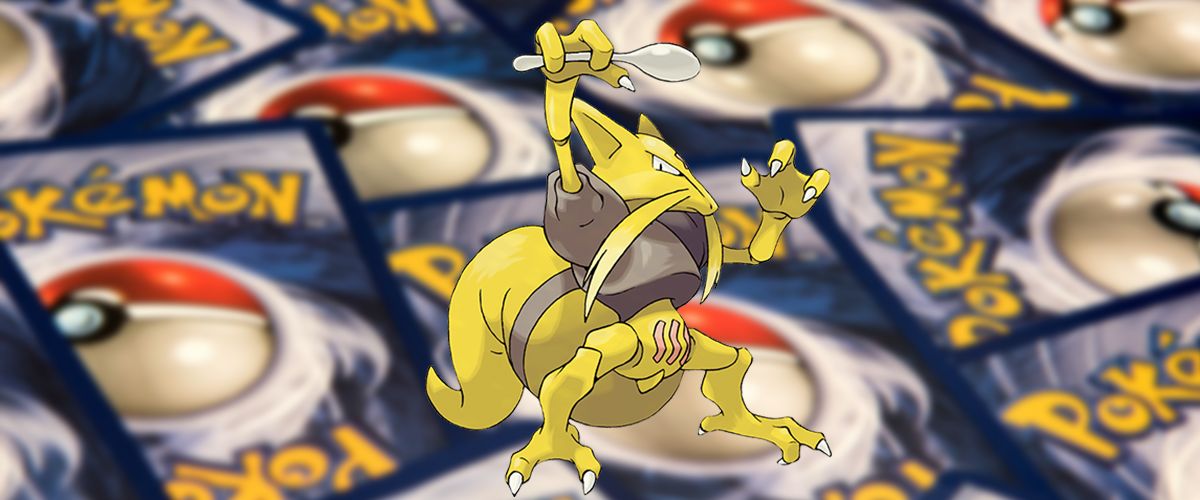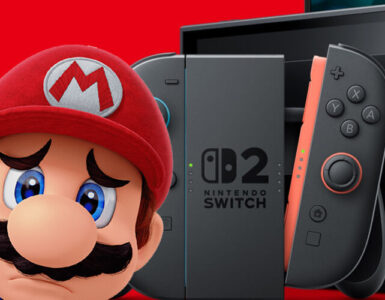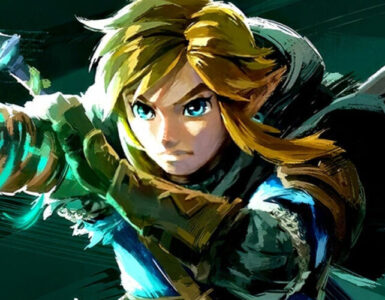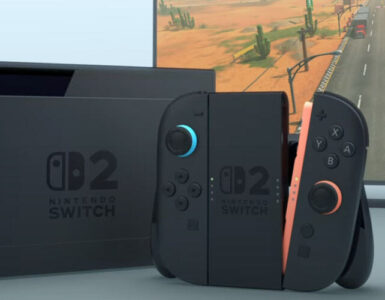The evolution line of Abra, Kadabra, and Alakazam has stuck around the Pokémon scene since the very beginning, with the trio making their debut in Pokémon Red and Blue, the original pair of games that marked the start of the franchise craze. Just like in-game, however, there’s a limit to how many times they can appear, and unlike its siblings, the unfortunate Kadabra hasn’t been appearing on the Pokémon Trading Card Game line-up for the past two decades. Courtesy of a sudden change of heart, that’s about to change.
After a 20-year legal dispute with Nintendo, illusionist Uri Geller is finally lifting the ban on Kadabra cards, which initially came into force on the grounds of design and name similarity. “Nintendo turned me into an evil, occult Pokémon character,” claimed the man back in 2000, “Nintendo stole my identity by using my name and my signature image.” To that, he apologised on Twitter, stating that he’s “truly sorry for what [he] did 20 years ago”.
While Kadabra is associated with being magic lingo, Screenrant explains that the Pokémon’s Japanese name appears to take after Geller – the official romanisation reads “Yungerer”, but other variations like “Yungeller” and “Yun Geller” make the reference more prominent. Besides, the character design involves Kadabra holding a spoon, which seems to be a nod to the illusionist’s most famous trick. Coincidence? The man thinks not.
The middle evolution’s exclusion from the trading card roster is a bit of an exception, with Abra and Alakazam both appearing on cards despite also having Japanese names that allude to real-life magicians. It’s unclear whether Nintendo will bring Kadabra to the world of trading cards, but hey, having some chance is miles better than having no chance at all.













